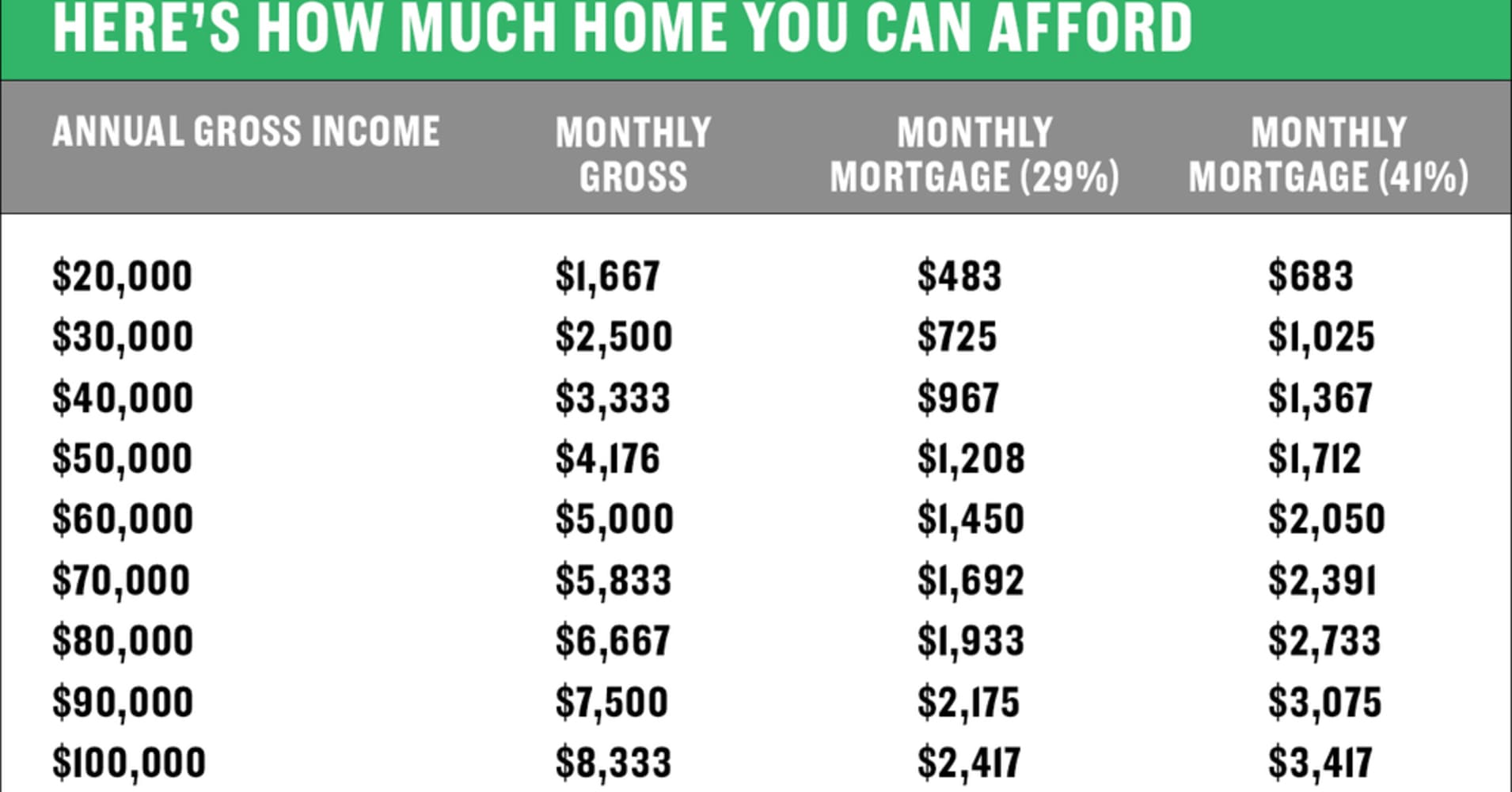Table Of Content

A local real estate agent will be the best resource to help you get information about the likelihood of being able to disrupt the current sale with an offer of your own. The same is true for assessing the difference between contingent vs pending real estate in your area. Accepted offers with a buyer who must sell a home usually cause the home to stay in contingent status for the longest amount of time. This is due to the fact the homebuyer is often given an amount of time to get his or her existing home under contract and then roll into the timelines of inspection and financing contingencies. A home purchase with these contingencies can easily leave the home in contingent status for 45 to 90 days. Contingent real estate means the seller has accepted a buyer’s offer, but the offer is contingent on the completion of some other event or receiving additional information before closing.
Consider making an offer without contingencies
If the contingent status has a kick-out clause, it means there’s a deadline to fulfill all contingencies. In other words, the seller can take their time meeting all the contingencies listed in the buyer’s offer. Contingencies are likewise available for a home buyer to include with their offer to purchase. For example, an inspection contingency calls for an inspector to evaluate the home’s condition. If the home inspection reveals plumbing, structural or other severe issues with the house, the buyer has an opportunity to negotiate repair costs or back out of the home sale.

Should I look at a house that’s contingent?
Understanding the differences between contingent and pending can help you identify properties that you still might be able to buy, and also how to move forward if you’re interested. A title search looks through public records to ensure there aren’t unknown liens on the property or additional owners with rights to the property that can affect the purchase. Keep in mind that sellers don’t like to receive an offer with a long list of contingencies, especially in a competitive housing market.
Other Products & Services:
Buying and selling a home often requires a dictionary as you navigate a new litany of terms, each describing a crucial step in the process. In real estate, a contingent offer has a meaning all its own—one that can make or break a deal. The length of the active contingent period varies, but it's generally a few weeks unless it is a home sale contingency which can take up to a few months. It's important to note that unforeseen delays can occur at any stage, which may extend the overall timeline to the closing process. Usually, you’re required to provide the buyer with 24, 48, or 72 hours notice to give them a final opportunity to remove their contingency and close.
Navigating Offers with Contingencies
Contingent means the seller has accepted an offer, but there are still conditions that need to be met for the sale to close. Usually, this is because the buyer has included contingencies in the contract, like inspection or financing contingencies (more on these in a minute). The seller may decide to accept backup offers on the home until all contingencies are satisfied. A property listed as “contingent” in real estate means the seller has accepted an offer, but the deal isn’t fully closed yet.
This can be due to snagged negotiations, delayed construction, longer-than-usual processing time, or simply agent oversight in updating the listing status. If a contract has been signed, the seller may still be able to accept a second offer if any contingencies aren’t fulfilled – which voids the contract. For example, if a buyer doesn’t complete all contingencies within 30 days, some contracts may void the deal at that point. If a title search comes back with unpaid property taxes or ownership questions, the buyer can leave the agreement. A title contingency is required by most lenders, and even cash buyers are advised to include this clause in their contract. Home inspection contingencies protect home buyers by requiring that the home pass professional inspection before the contract can settle.
What Does Contingent Mean in Real Estate? - Better Homes & Gardens
What Does Contingent Mean in Real Estate?.
Posted: Mon, 25 Mar 2024 07:00:00 GMT [source]
Contingent listing
As you navigate them, it’s important to understand how they work for the best outcomes. If that happens, sellers are happy to fall back to one of these other offers, entertaining another prospective buyer without downtime. Tell us a little bit about your plans (where you’re looking to buy and when you want to make a purchase) and we’ll connect you with top-rated buyer’s agents in your area. If the buyer already owns a home, they might plan to use the proceeds from selling that property to pay for their new one.
If the home appraises for less than expected, the lender may demand a higher down payment or refuse to make the loan. An appraisal contingency lets the buyer back out of the purchase if the home appraises too low for their lender to move forward with the loan as expected. Amy Fontinelle is a freelance writer, researcher and editor who brings a journalistic approach to personal finance content. Since 2004, she has worked with lenders, real estate agents, consultants, financial advisors, family offices, wealth managers, insurance companies, payment companies and leading personal finance websites. Amy also has extensive experience editing academic papers and articles by professional economists, including eight years as the production manager of an economics journal. If the property doesn’t have a clear title and the title defect can’t be fixed easily, this contingency gets the buyer off the hook.

Unlike a CCS status, a no-show status means that once a seller has accepted an offer with contingencies, they’ll no longer show the house or accept offers. Once the buyer addresses all contingencies, the status will be moved to pending and the closing process can begin. A contingent house occurs once the homeowner has accepted an offer from a buyer, but the close of the sale is tentative on the completion of some other event or receiving some other information. The contingency works to protect the buyer’s contractual first right to purchase the home. For example, in the MLS where I typically work a home seller may have the home’s status changed to pending immediately after accepting an offer even if the offer has contingencies.
“I would also recommend clearly communicating a timeline for when things need to be completed and when they are completed,” she says. Rocket Homes Real Estate LLC is committed to ensuring digital accessibility for individuals with disabilities. We are continuously working to improve the accessibility of our web experience for everyone, and we welcome feedback and accommodation requests.
Can A Seller Back Out Of A Real Estate Contract? - Bankrate.com
Can A Seller Back Out Of A Real Estate Contract?.
Posted: Wed, 24 Jan 2024 08:00:00 GMT [source]
A disclosure contingency allows the buyer to back out if the disclosures are problematic. Contingent is a term that applies to a home that is under contract, but finalizing the sale is subject to certain criteria outlined in the agreement. There are several different types of contingency statuses where another buyer can still make an offer on the property.
Instead, you should use contingencies sparingly and only when they make sense for your situation. Before you make an offer, make sure you have your financing squared away so you can impress the seller. Start your initial mortgage approval now to make your strongest offer.
“Contingent is a legal framework in real estate contracts,” says Christa Kenin, a Douglas Elliman real estate agent. Another common and important contingency for buyers is a title contingency. It also lets the buyer get their earnest money back if they learn the association isn’t financially stable. Further, buyers sometimes unknowingly do things that jeopardize their mortgage approval (like taking out another loan before closing). They can also run into bad luck, such as getting laid off while under contract, which ruins their approval.
These contingencies are essentially an escape clause that prevents you from losing the earnest money that you offered to seal the deal. For instance, if a seller offers a certain price and you, as the buyer, say the price is fine (provided the home inspection comes back clean), you have made a contingent real estate contract. In this case, the sale of the house depends on the inspection not having problems defined in the contract. A contingent offer is an offer from a buyer to a seller with conditions that must be met for the offer to be binding. The contingency is the clause that gives the buyer the right to back out and recuperate any money they’ve put down if the clause isn’t met. A contingent offer on a house is an offer with a protective clause on behalf of the buyer.
Prequalification may help get your offer to the top of the stack when sellers start sorting through backup offers and alternate buyers. It might last for a few days to a few weeks or even longer, depending on how quickly the buyer and seller can fulfill the conditions outlined in the contract. With this status, your listing is no longer active, so your days on market will stop accruing. However, you can still accept backup offers from prospective buyers. It’s also true that most real estate contracts, even those with contingencies, end up closing.
In these cases, the seller reserves the right to receive backup offers in case the current offer falls through. When it comes to contingent vs pending homes, both mean an offer has been accepted but neither means the sale is final. Contingent homes are still waiting on certain pre-conditions to be met before the sale goes through, while pending homes have yet to finish processing the sale. If the home you want is contingent or pending, you may still be able to make an offer or view the property.

No comments:
Post a Comment